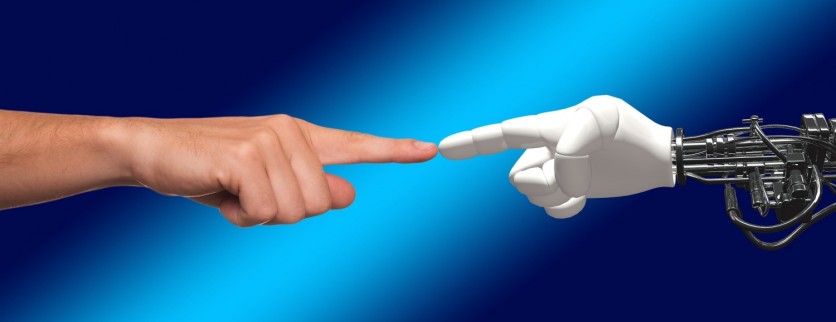A new study reveals the potential of a soft robo-glove in helping stroke patients to relearn dexterous tasks like playing music.
Stroke is a leading cause of disability in the EU, affecting around 1.1 million individuals annually. Rehabilitation after a stroke often involves relearning essential skills such as walking, speaking, and performing daily activities.
Music therapy has been found to be beneficial for stroke patients in recovering language and motor functions. However, for stroke survivors with a background in music, playing music itself may be a skill that needs to be relearned.

Smart Hand Exoskeleton
The research team, led by Dr. Maohua Lin, an adjunct professor at the Department of Ocean & Mechanical Engineering of Florida Atlantic University, developed a "smart hand exoskeleton" in the form of a flexible, multi-layered robo-glove.
Weighing only 191g, the glove is custom-made to fit each wearer's hand anatomy. The palm and wrist areas are soft and flexible. The fingertips contain soft pneumatic actuators with an array of 16 flexible sensors, providing tactile sensations upon interaction with objects or surfaces.
The glove allows users to have control over the movement of each finger and enhances their natural hand movements, amplifying dexterity and providing support.
The team employed machine learning techniques to train the glove to differentiate between correct and incorrect versions of a beginner's song on the piano.
Using pre-programmed movements without human input, the glove autonomously learned to identify the correct playing of the song "Mary had a little lamb."
This demonstration proved that the glove could potentially be utilized for personalized rehabilitation in helping stroke patients relearn playing music.
In the future, the glove could provide feedback to the wearer on their performance, aiding in improvement through haptic feedback, visual cues, or sound.
Read Also : New Robot Vacuum Can Climb Stairs - MIGO Ascender Is Now Available for Preorders but There's a Catch
Challenges for the Soft Robo-Glove
While the study demonstrates the potential of the soft robo-glove in music relearning, there are still challenges that need to be addressed.
Among the key challenges to overcome are enhancing the accuracy and reliability of tactile sensing, improving the adaptability and agility of the exoskeleton design, and refining machine learning algorithms for better interpretation and response to user input.
The researchers also suggest using 3D scanning technology or CT scans to ensure a personalized fit and functionality for individual users when adapting the design for different rehabilitation tasks beyond music, such as object manipulation.
The development of this innovative soft robo-glove opens up possibilities for stroke patients to regain their dexterity, motor skills, and coordination. With further advancements and customization, this technology could significantly impact personalized rehabilitation, helping stroke survivors relearn essential skills and improve their quality of life.
The study's findings were published in the journal Frontiers in Robotics and AI.
Related Article : Jizai Arms is Using AI to Control Robotic Arms Strapped on Your Back, Like the 'Iron Spider' Spider-Man Suit

ⓒ 2025 TECHTIMES.com All rights reserved. Do not reproduce without permission.




